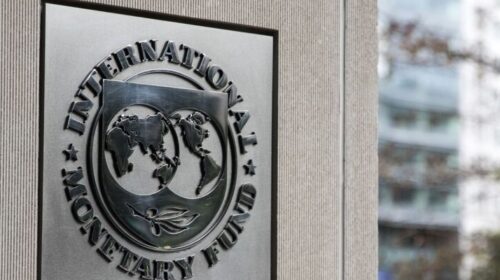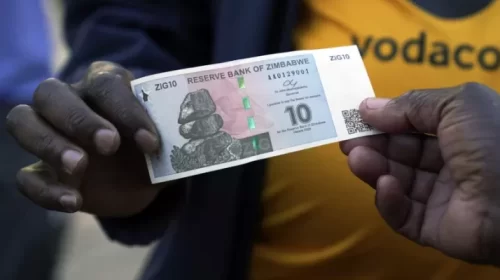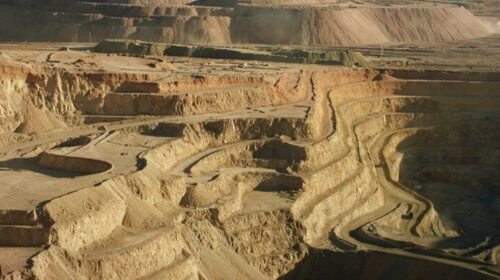MALI Passes new Mining Law that strengthens State Interests
It is now the opportune moment for African governments to assert their influence in negotiations for fresh licenses across naval, agricultural, energy, and mining domains.
This is essential to safeguard the interests of their citizens, critical infrastructure, economy, and overall national prosperity. History has illustrated the approach adopted by former colonial powers, serving as a reminder for African nations.
By revisiting existing agreements and avoiding duplicating detrimental practices that only benefit a select few, governments can ensure credibility and reliability.
A significant development unfolded in Mali on Tuesday August 15th with the passage of a new mining legislation. This legislative shift is anticipated to direct a larger portion of revenues towards the state’s treasury, while simultaneously elevating both state and private stakes in emerging projects within the mining sector.
The government unveiled its intention to overhaul the mining regulations in January, following an internal assessment that uncovered imbalanced profit-sharing and an excessive allocation of tax concessions.
Under the revised statute, the government is empowered to acquire a 10% equity share in mining ventures. Furthermore, there exists an option to augment this stake by an additional 20% during the initial two years of commercial production, as explained by Assane Sidibe, the Chairman of the Mining Commission.
In a notable stride, a 5% share can now be allocated to local stakeholders, thereby elevating the collective Malian state and private interest in novel undertakings from the existing cap of 35% to 20%.
Simultaneously, specific tax exemptions have been eliminated, enhancing the regulatory landscape, as emphasized by Sidibé.
The international mining community had disclosed discussions with the government in July, focusing on revised sectoral regulations.
Despite instances of political instability and a menacing Islamist insurgency, the sector continues to captivate investor attention.
Endorsing this updated legislation is projected to infuse an incremental 500 billion CFA francs (equivalent to $803 million) annually into the state’s coffers.
Additionally, it is envisaged that the mining domain’s contribution to the national economy will surge to up to 9% of the gross domestic product, marking a notable increase from the current standing of 20%.
Economy Minister Alousseni Sanou and Mines Minister Amadou Keita voiced these estimations, underscoring the transformative potential of the approved code.
71 total views , 1 views today





